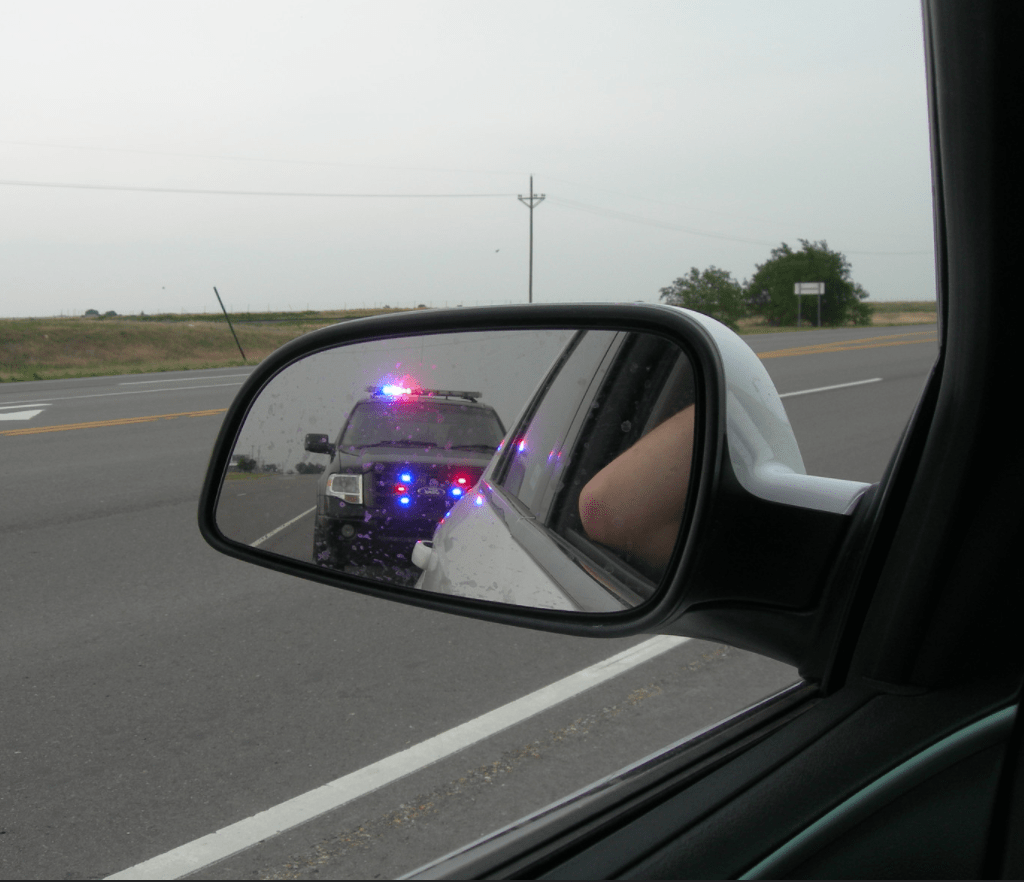- Traffic citations are down by 86 percent in Seattle compared to 2019, which some blame for a spike in deaths. Law enforcement departments are shorthanded, and cities are banning "pretext" stops that expose drivers of color to police violence. (NPR)
- Companies like Uber and DoorDash are exploiting their drivers — and so are the customers. (New York Times)
- NASA is starting to measure air pollution from space, which will provide data that ground-based instruments can't detect. (Wired)
- Two new studies indicated that Southern U.S. cities like Miami and New Orleans are in even greater peril from climate change than previously thought. (The Guardian)
- Adherents to the #VanLife movement that took off during the pandemic are extremely environmentally conscious (Bloomberg). But how good for the environment can it really be to live in a vehicle?
- The Houston Metro approved a route for the 25-mile University Corridor bus rapid transit line without buy-in from some of the minority neighborhoods it will pass through. (Chronicle)
- Kansas City is applying for Missouri state tax credits to build a park over the South Loop freeway. (KCUR)
- A federal appeals court ordered Chicago to install audible crosswalk signals, ruling that visual signs discriminate against the sight-impaired. (NBC Chicago)
- Milwaukee bikeshare Bublr is advocating for more protected bike lanes. (CBS 58)
- A Chicago program helps students from disadvantaged communities find employment as bike mechanics. (CBS News)
- Sounds like the Chicago Transit Authority needs to take a mental health day for some self-care. (The Onion)
Stay in touch
Sign up for our free newsletter
More from Streetsblog USA
Americans Demand Congress Fund Active Transportation In Next Infrastructure Bill — And Not Just The Bike/Walk Advocates
A "back to basics" surface transportation bill — as Republicans are seeking — would be devastating for road safety and small businesses.
Friday’s Headlines Take a Lot to Laugh, Take a Train to Cry
I ride on a mail train, baby. Can't buy a thrill.
Talking Headways Podcast: The Future of Transit
Yonah Freemark talks with Jeff Wood about the state of the trains across the world.
Are Roundabouts Just For Rich People?
And if not, how do we get more of them in the low-income neighborhoods that need life-saving infrastructure the most?
Thursday’s Headlines Need Alternatives
Economics 101: Competition brings down costs.
How Recreational Cycling Can Lead to Safe Streets For All
These cities are leveraging joy to fight for connected communities.






